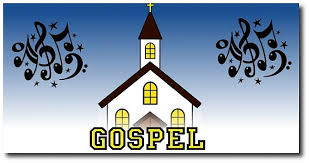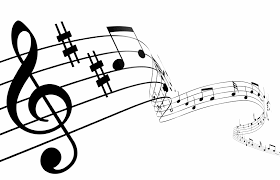
One Sunday I visited a popular church in Nairobi out of curiosity after hearing a lot about it. This congregation is similar to some of the other rapidly mushrooming popular churches here in Kenya.
I sat next to two other ladies who were either new to the city or new to this church. As we waited for the service to begin, we chatted in low tones with the ladies and one of them wondered aloud whether there was a function in that church that day. Since I was also a visitor I said I wasn’t sure but then I asked them why they thought so. One of the ladies whispered that the church was decorated and looked very neat; I told them that most churches in Nairobi do so.
Our conversation was cut short by the announcement “Welcome everyone, our service begins now, let’s stand and give God a hearty clap”. We all responded as requested and the music began with instruments sounding as high as it can be. Everyone in the congregation began singing with dance moves that only choreographers can explain. The ladies and I tried to learn the dance moves together but we were equally finding it hard to comprehend. Just before we could master one move, the song changed as did the dance move. We gave up when the song changed a third time and danced as we knew how.
As the service progressed the women excused themselves and left because they couldn’t keep up with the pace of the music. I was a little bit disturbed by their exit. Was their departure because the music here was loud or they were they like me who enjoy hymns more than the popular choruses. As I left the church that Sunday, there was plenty going on in my mind about music.

Music is an art and a language that is spoken by many. To many people in different cultures, music is an important part of their daily way of life. It is created for different purposes and performed at many occasions. It can be religious, ceremonial or informational and passes from one generation to another.
Today music has grown and is not only for entertainment or pleasure. It has become a lucrative career and a great source of income for many. It is very marketable and musicians are in high demand. Additionally, it has become one of the many courses offered by institutions of higher learning. It is valued for its therapeutic importance as well as the ease with which information is passed easily to a wide audience. Music has great impact because repetition helps it remain in the mind of the listeners.
Gospel music focuses on spreading the gospel of salvation and Christianity. Like all other classes of music in Kenya, gospel music has reached a competitive edge in terms of commercialization. My concern however is that, as the gospel music leads; it bleeds, because gospel music often seems to have lost its intention of speaking to the soul. It has become loud soundtracks with imperceptible words. The dancing moves are no longer different from the secular dance moves. If you watch some gospel videos on mute, you would never realize it’s a gospel song. These types of music hit the market and disappear after the fame before another one replaces.
On one hand, the commercial success of gospel music is good as it has led to a proliferation of gospel music. On the other hand, commercialization seems to have destroyed part of the message and the sense of the dignity and beauty which best suit the song that is used in the service of God. There are gospel artists who sing so that they don’t want to be left behind in the music industry and not because they have a message to share. If one listens keenly to gospel music you will realize there are songs that simply entertain you and are forgotten as soon as the music stops and there are songs that encourage, inspire and last. I believe attaching the name of God to a song does not make it gospel.
In my understanding, gospel music is a genre of music which expresses personal belief of Christ and keeps a deep, intentional focus on that single theme. I believe Gospel music may not always have to be accompanied by instruments to sound great; and the sound tracks of accompanying music doesn’t need to be loud and overpowering. Gospel music needs to be inspired by the spirit of God and not the desire for money. When gospel music has impact then God is able to provide the needed funds for living.

I must confess that I miss the hymns in our Churches, on radio and on TV. However, instead of complaining about these changes and what is happening, I believe we need to take a stand and do something about gospel music. Could it be music education? Could it be deeper focus on discipleship and mentoring? Could it be different perspectives? Each of us has a unique role we can play to influence those around us. Confucius said, “It is better to light one small candle than to curse the darkness.” Let’s get up and do our part.
Shalom
Magdaline ‘11
